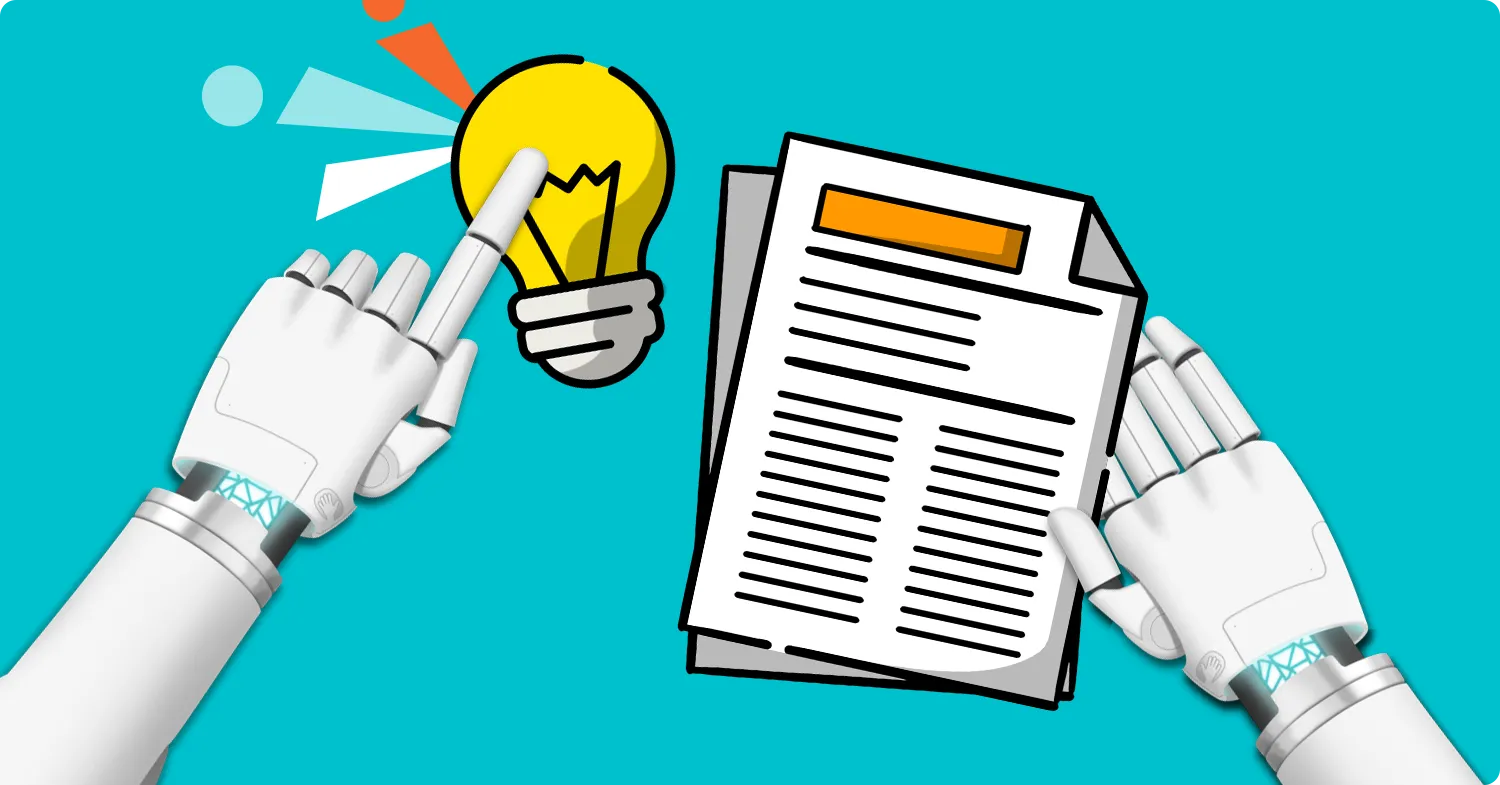Recent investigations by the BBC have revealed significant challenges faced by artificial intelligence systems in producing accurate news summaries. Prominent AI tools such as OpenAI’s ChatGPT, Google’s Gemini, Microsoft’s Copilot, and Perplexity were scrutinized for their ability to summarize and relay news stories accurately. The findings were alarming: over half of the AI-generated summaries contained substantial inaccuracies.

A Closer Look at the BBC Study
In a rigorous assessment involving the summarization of 100 BBC news articles, it was discovered that 51% of responses had major issues, including incorrect statements, numbers, and dates. Notably, 19% of answers that cited the BBC included factual errors, while 13% of the quotes were either distorted or fabricated.
One particularly stark error involved Gemini misstating the UK National Health Service’s stance on vaping, falsely claiming it advised against it, contradicting the NHS’s actual recommendation of vaping as a cessation tool for smokers. Another significant error was ChatGPT’s incorrect claim about the status of Ismail Haniyeh with Hamas leadership in December 2024, despite his assassination earlier that year.

The Industry Response
The investigation elicited responses from several corners of the tech world. Deborah Turness, CEO of BBC News and Current Affairs, emphasized the critical nature of these inaccuracies, stating, “We live in troubled times, and how long will it be before an AI-distorted headline causes significant real-world harm?” This comment underscores the urgency with which the tech industry needs to address these issues.
Last year’s incident with Apple’s AI-powered news summaries, which led to the tech giant pausing its AI summary features for certain apps, further highlights the ongoing concerns about AI’s role in news dissemination.

The Road Ahead: Collaboration and Regulation
The call by the BBC for greater oversight and cooperation among news organizations, tech companies, and government bodies is a clear indicator of the need for stringent standards in AI-driven content creation. Ensuring the accuracy of AI-generated content is not just about preventing misinformation but is crucial for maintaining public trust in the digital age.

The potential of AI in transforming news consumption is undeniable. However, as we navigate these advancements, the balance between technological innovation and factual integrity becomes paramount. The recent findings by the BBC serve as a stark reminder of the responsibilities that come with the integration of AI in news reporting. As we move forward, the focus must be on enhancing these systems to support rather than undermine the news industry.










